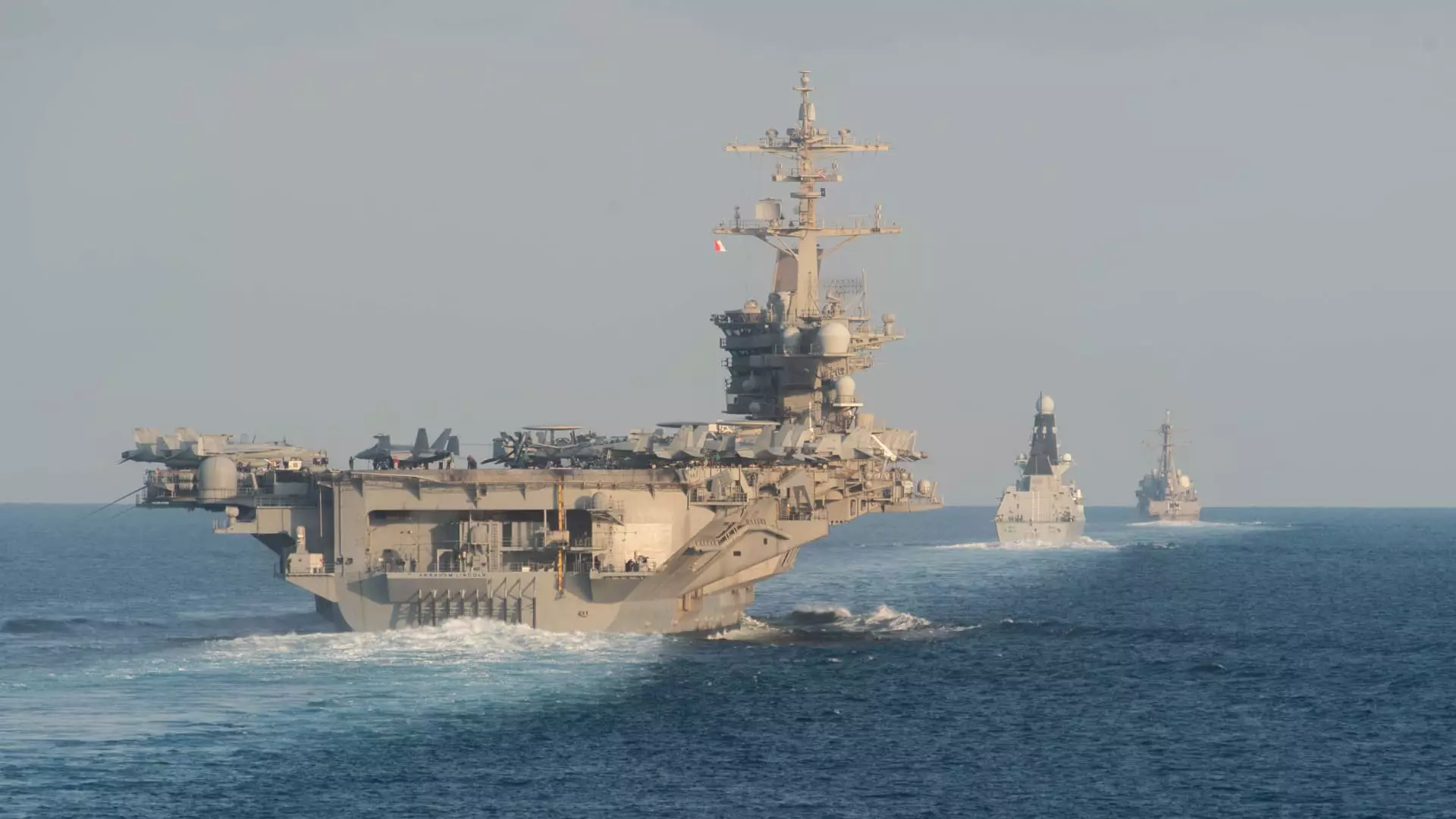The United States has decided to send additional troops and military equipment to the Middle East in order to bolster its defense capabilities and support Israel. This move comes amidst rising tensions in the region, particularly following Iran’s threats of retaliation against Israel. The decision to reinforce the military presence in the Middle East underscores the U.S.’s commitment to its allies and its willingness to intervene in conflicts that threaten regional stability.
Iran’s involvement in supporting groups like Hamas has raised concerns among U.S. officials and their allies. The recent killing of Hamas’ former political chief in Tehran has further exacerbated tensions in the region, with Iran blaming Israel for the assassination. The possibility of Iran retaliating against Israel looms large, creating a sense of uncertainty and apprehension among both countries and their allies.
The Biden administration’s support for Israel has faced criticism from various quarters, with calls for the U.S. to play a more active role in de-escalating the conflict. Critics argue that the U.S. should use its influence to enforce a cease-fire and stop supplying arms to Israel. President Biden’s own commentary on the situation, where he termed the Israeli offensive as “over the top,” has drawn attention to the complexities of the conflict and the need for a more nuanced approach.
The ongoing conflict between Israel and Iran, along with their respective proxies, has had a devastating impact on civilians in the region. Both countries have been engaged in tit-for-tat missile strikes, resulting in significant casualties and destruction. The loss of lives and destruction of infrastructure in the Gaza Strip have brought immense suffering to the local population, with the United Nations highlighting the dire humanitarian situation in the blockaded enclave.
The recent developments, including the appointment of a new political leader for Hamas, signal a shift in the dynamics of the conflict. The new leader’s close ties to Iran and perceived extremism raise concerns about the group’s future strategies and its willingness to engage in diplomatic solutions. The potential for further escalation and the impact on the wider region remain uncertain, as both Israel and Iran navigate a delicate balance of military confrontation and diplomatic maneuvers.
The escalating tensions in the Middle East pose a significant challenge for the United States and its allies. The decision to increase military presence in the region reflects the urgency of addressing the growing threats and conflicts that threaten regional stability. As the situation continues to unfold, the need for diplomatic solutions and strategic interventions becomes more pressing to prevent a full-fledged war with far-reaching consequences.

Leave a Reply